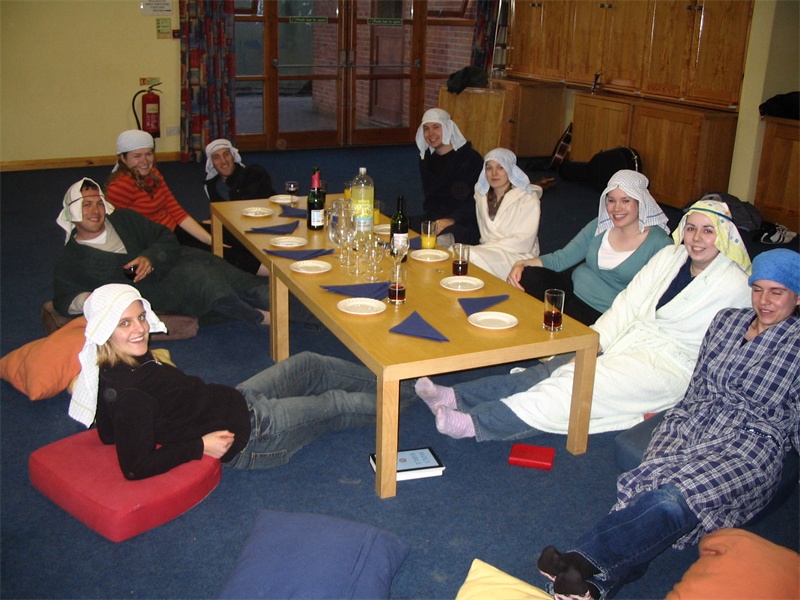Thanks to Peter Bogert, for pointing out that John Stott’s BST volume on Romans contains a brief analysis of the New Perspective (I read it 5 years ago before I had even heard of the New Perspective). It was published in 1984 and doesn’t interact with N T Wright’s view on justification, but nevertheless it provides an excellent introduction. In keeping with the style of the Bible Speaks Today series, no specialist vocabulary or background knowledge of historical theology is assumed. It is section 2 of the “Preliminary Essay”, entitled “New Challenges to Old Traditions” (pp. 24-31).
Stott first introduces us to the ideas of Stendahl, who argued that Calvin was wrong to believe that the main theme of Romans is justification by faith. Rather, it was written to defend he rights of Gentiles to be full heirs of Israel’s promises, apart from the law. Stott feels this is an unnecessarily sharp antithesis, and is far from convinced that Paul’s pre-Christian conscience was as robust as Stendahl claims.
He writes, “Paul was indeed deeply exercised, as the apostle to the Gentiles, about the place of the law in salvation and about the unity of Jews and Gentiles in the one body of Christ. But he was also evidently concerned to expound and defend the gospel of justification by grace alone through faith alone. In fact, the two concerns, far from being incompatible, are inextricably interwoven. Only loyalty to the gospel can secure unity in the church.”
Stott then moves on to consider Sander’s contribution. Sanders wanted to destroy the notion that Palestinian Judaism was a religion of legalistic works-righteousness, and argued that instead they believed in “covenantal nomism” – their obedience to the law was a response to the covenant of grace. Or, in now familiar terms, they “get in” by God’s gracious election, but “stay in” by obedience. Stott then summarises Sander’s interpretation of Paul’s teaching and notes that “categories of human sin and guilt, the wrath of God, justification by grace without works, and peace with God in consequence, are conspicuous by their absence.”
Stott presents five points of objection to Sander’s thesis that Paul was not objecting to self-righteousness. He questions whether the evidence on Jewish teaching is as uniform as Sanders claims, and notes that “popular religion may diverge widely from the official literature of its leaders”. Just because they weren’t ‘officially’ legalistic doesn’t mean many weren’t in practise. Our human nature tends towards being self-centred and proud. It would be surprising if all the Jews were somehow immune from this tendency. In any case, for Paul, “getting in” and “staying in” were both by grace alone.
Contra Räisänen, Paul was not confused about the law, struggling how a divine institution could be abolished. Stott explains that for Paul, in both the areas of justification and sanctification, we are not under law but grace. “For justification we look to the cross, not the law, and for sanctification to the Spirit, not the law. It is only by the Spirit that the law can be fulfilled in us”.
Finally, Stott considers Dunn’s claim that “works of the law” refer not to good works but ethnic identity markers. Paul therefore only objected to a boastful sense of national privilege and ethnic exclusivity. Stott agrees that Paul objected to these, but drawing on Westerholm, claims that “law” and “works of the law” can be shown to have wider reference to good works in general.
Though Stott has rejected some of the New Perspective teaching, he does not see it as being entirely without merit. In conclusion he states “… we can be profoundly thankful for the scholarly insistence that the Gentile question is central to Romans. The redefinition and reconstitution of the people of God, as comprising Jewish and Gentile believers on equal terms, is a critical theme which pervades the letter.”

